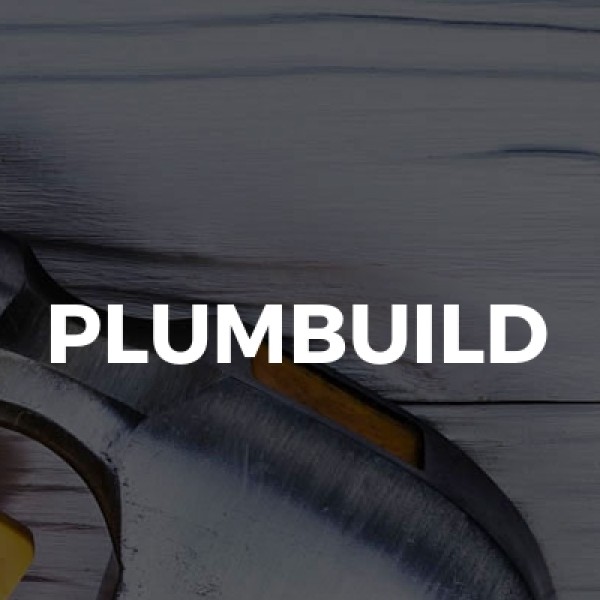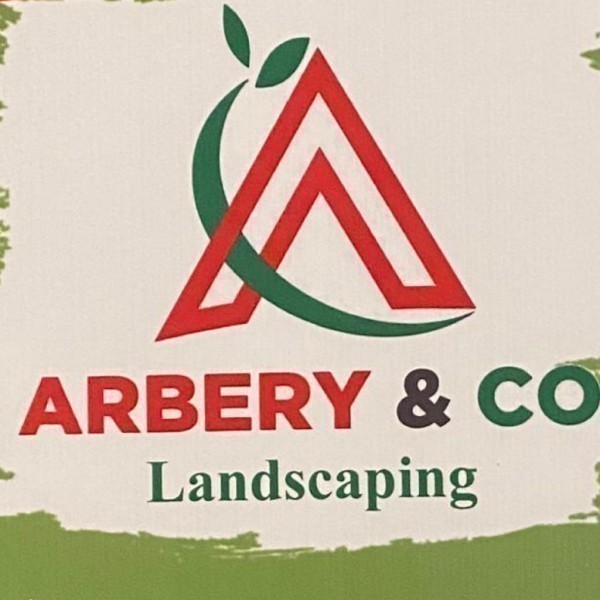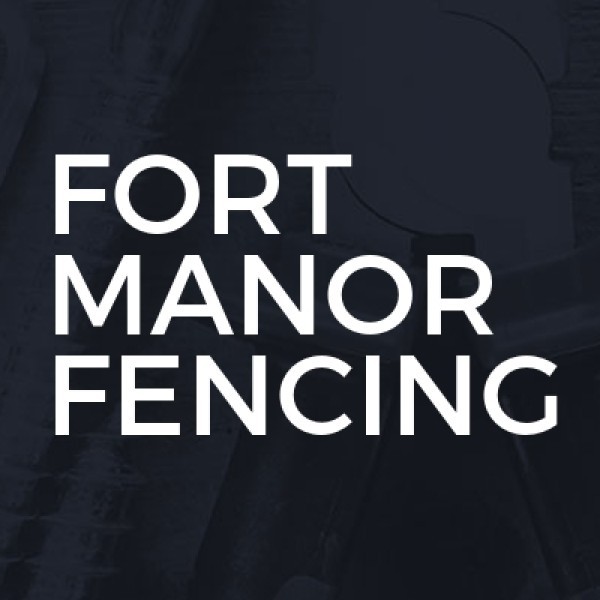Garden Fencing in Redhill
Search Garden Fencing in places nearby
Introduction to Garden Fencing in Redhill
Garden fencing in Redhill is more than just a boundary marker; it's a blend of functionality and aesthetics that enhances the beauty and security of your outdoor space. Whether you're looking to keep pets in, define your garden's perimeter, or simply add a touch of charm, choosing the right fence is crucial. In this article, we'll explore the various aspects of garden fencing in Redhill, from materials and styles to installation tips and maintenance.
The Importance of Garden Fencing
Garden fencing serves multiple purposes. It provides privacy, ensuring that your outdoor activities remain personal. It also acts as a deterrent to intruders, offering a sense of security. Moreover, a well-chosen fence can enhance the visual appeal of your garden, complementing the landscape and architecture of your home.
Privacy and Security
One of the primary reasons homeowners in Redhill opt for garden fencing is to create a private sanctuary. High fences can shield your garden from prying eyes, allowing you to enjoy your space without interruption. Additionally, sturdy fences can prevent unwanted visitors, both human and animal, from entering your property.
Aesthetic Appeal
Garden fencing can significantly enhance the look of your garden. With a variety of styles and materials available, you can choose a fence that complements your home's exterior and garden design. From traditional wooden panels to modern metal designs, the options are endless.
Boundary Definition
Fencing clearly defines the boundaries of your property, which is particularly important in densely populated areas like Redhill. It helps avoid disputes with neighbours and ensures that your garden space is distinctly yours.
Popular Garden Fencing Materials
When it comes to garden fencing in Redhill, the choice of material is crucial. Each material offers different benefits and aesthetics, so it's important to choose one that suits your needs and preferences.
Wooden Fencing
Wooden fencing is a classic choice for many homeowners. It's versatile, offering a range of styles from picket fences to tall privacy panels. Wood is also relatively easy to work with, allowing for custom designs. However, it does require regular maintenance to prevent rot and weather damage.
Metal Fencing
Metal fencing, such as wrought iron or aluminium, is known for its durability and strength. It's an excellent choice for those seeking a long-lasting solution. Metal fences can be ornate or simple, depending on your taste. They require less maintenance than wood but can be more expensive.
Vinyl Fencing
Vinyl fencing is a low-maintenance option that offers the look of wood without the upkeep. It's resistant to rot, insects, and weather damage, making it a durable choice. Vinyl is available in a variety of colours and styles, allowing for a customised look.
Composite Fencing
Composite fencing combines wood fibres and plastic to create a strong, durable material. It offers the appearance of wood with the low maintenance of vinyl. Composite fences are resistant to rot and insects, making them a long-lasting option.
Choosing the Right Style for Your Garden
The style of your garden fence can greatly impact the overall look of your outdoor space. Consider the architecture of your home and the design of your garden when selecting a fence style.
Picket Fences
Picket fences are a timeless choice, offering a quaint, traditional look. They're ideal for front gardens, providing a welcoming appearance without sacrificing visibility. Picket fences are typically made of wood or vinyl and can be painted in a variety of colours.
Panel Fences
Panel fences offer privacy and security, making them a popular choice for back gardens. They come in various heights and styles, from simple solid panels to decorative lattice designs. Panel fences can be made from wood, metal, or composite materials.
Trellis Fences
Trellis fences are perfect for those who want to add a touch of elegance to their garden. They provide support for climbing plants, creating a living wall of greenery. Trellis fences can be used alone or combined with other fence styles for added height and privacy.
Modern Fences
For a contemporary look, consider modern fence designs. These often feature clean lines and minimalist styles, using materials like metal or composite. Modern fences can be customised to suit your garden's aesthetic, offering a sleek, sophisticated appearance.
Installation Tips for Garden Fencing in Redhill
Installing a garden fence can be a rewarding DIY project, but it's important to plan carefully to ensure a successful outcome. Here are some tips to help you get started.
Planning and Preparation
Before you begin, check local regulations and obtain any necessary permits. Measure your garden's perimeter to determine how much fencing you'll need. Consider the terrain and any obstacles, such as trees or slopes, that may affect installation.
Choosing the Right Tools
Having the right tools on hand will make the installation process smoother. Basic tools include a post hole digger, level, tape measure, and saw. Depending on the material, you may also need a drill, hammer, or concrete mix.
Setting the Posts
Properly setting the fence posts is crucial for stability. Dig holes deep enough to support the posts, typically one-third of the post's length. Use concrete to secure the posts in place, ensuring they're level and evenly spaced.
Attaching the Panels
Once the posts are set, you can attach the fence panels. Start at one end and work your way across, securing each panel to the posts with screws or brackets. Check that each panel is level before moving on to the next.
Maintaining Your Garden Fence
Regular maintenance is key to keeping your garden fence looking its best and extending its lifespan. Different materials require different care, so be sure to follow the manufacturer's recommendations.
Wooden Fence Maintenance
Wooden fences need regular treatment to protect against rot and weather damage. Apply a wood preservative or stain every few years to maintain the fence's appearance and durability. Inspect for signs of damage, such as loose boards or nails, and repair as needed.
Metal Fence Maintenance
Metal fences require less maintenance than wood but should still be inspected regularly for rust or damage. Clean the fence with soap and water to remove dirt and debris. Apply a rust-resistant paint or coating to protect against corrosion.
Vinyl and Composite Fence Maintenance
Vinyl and composite fences are low-maintenance options that require little more than occasional cleaning. Use a garden hose or pressure washer to remove dirt and grime. Inspect for any cracks or damage and repair as needed.
Cost Considerations for Garden Fencing
The cost of garden fencing in Redhill can vary widely depending on the material, style, and size of your garden. It's important to consider both the initial cost and long-term maintenance expenses when choosing a fence.
Material Costs
Wooden fences are generally the most affordable option, but they require regular maintenance. Metal fences are more expensive upfront but offer greater durability. Vinyl and composite fences fall somewhere in between, offering a balance of cost and longevity.
Installation Costs
If you're hiring a professional to install your fence, labour costs will be a significant factor. DIY installation can save money, but it's important to have the necessary skills and tools to ensure a successful outcome.
Maintenance Costs
Consider the long-term maintenance costs when choosing a fence. Wooden fences require regular treatment, while metal fences may need occasional painting. Vinyl and composite fences have minimal maintenance costs, making them a cost-effective choice over time.
Environmental Considerations
When selecting a garden fence, it's important to consider the environmental impact of your choice. Sustainable materials and eco-friendly practices can help reduce your carbon footprint.
Sustainable Materials
Look for fences made from sustainably sourced wood or recycled materials. Composite fences often contain recycled plastic and wood fibres, making them an eco-friendly option.
Eco-Friendly Practices
Consider using environmentally friendly treatments and finishes for your fence. Water-based stains and paints are less harmful to the environment than traditional oil-based products. Additionally, proper disposal of old fencing materials can help reduce waste.
Legal and Regulatory Considerations
Before installing a garden fence in Redhill, it's important to be aware of any legal and regulatory requirements. This can help avoid potential disputes with neighbours or local authorities.
Planning Permissions
Check with your local council to determine if planning permission is required for your fence. This is particularly important for fences over a certain height or those located near roads or public pathways.
Boundary Disputes
Clearly define your property boundaries before installing a fence to avoid disputes with neighbours. Consider having a surveyor mark the boundaries if there is any uncertainty.
Height Restrictions
Be aware of any height restrictions for garden fences in your area. These regulations are in place to ensure that fences do not obstruct views or create safety hazards.
Frequently Asked Questions
- What is the best material for garden fencing in Redhill? The best material depends on your needs and preferences. Wood is affordable and versatile, metal is durable, and vinyl offers low maintenance.
- How high can my garden fence be? Height restrictions vary by location, so check with your local council for specific regulations.
- Do I need planning permission for a garden fence? Planning permission may be required for fences over a certain height or those near roads. Check with your local council for guidance.
- How often should I maintain my wooden fence? Wooden fences should be treated every few years to protect against rot and weather damage.
- Can I install a garden fence myself? Yes, with the right tools and preparation, a garden fence can be a DIY project. However, professional installation may be necessary for complex designs.
- What are the environmental considerations for garden fencing? Choose sustainable materials and eco-friendly treatments to reduce your environmental impact.
Garden fencing in Redhill offers a blend of practicality and beauty, enhancing your outdoor space while providing privacy and security. By considering the various materials, styles, and installation tips outlined in this article, you can choose the perfect fence for your garden. Remember to factor in cost, maintenance, and environmental considerations to make an informed decision that will serve you well for years to come.











